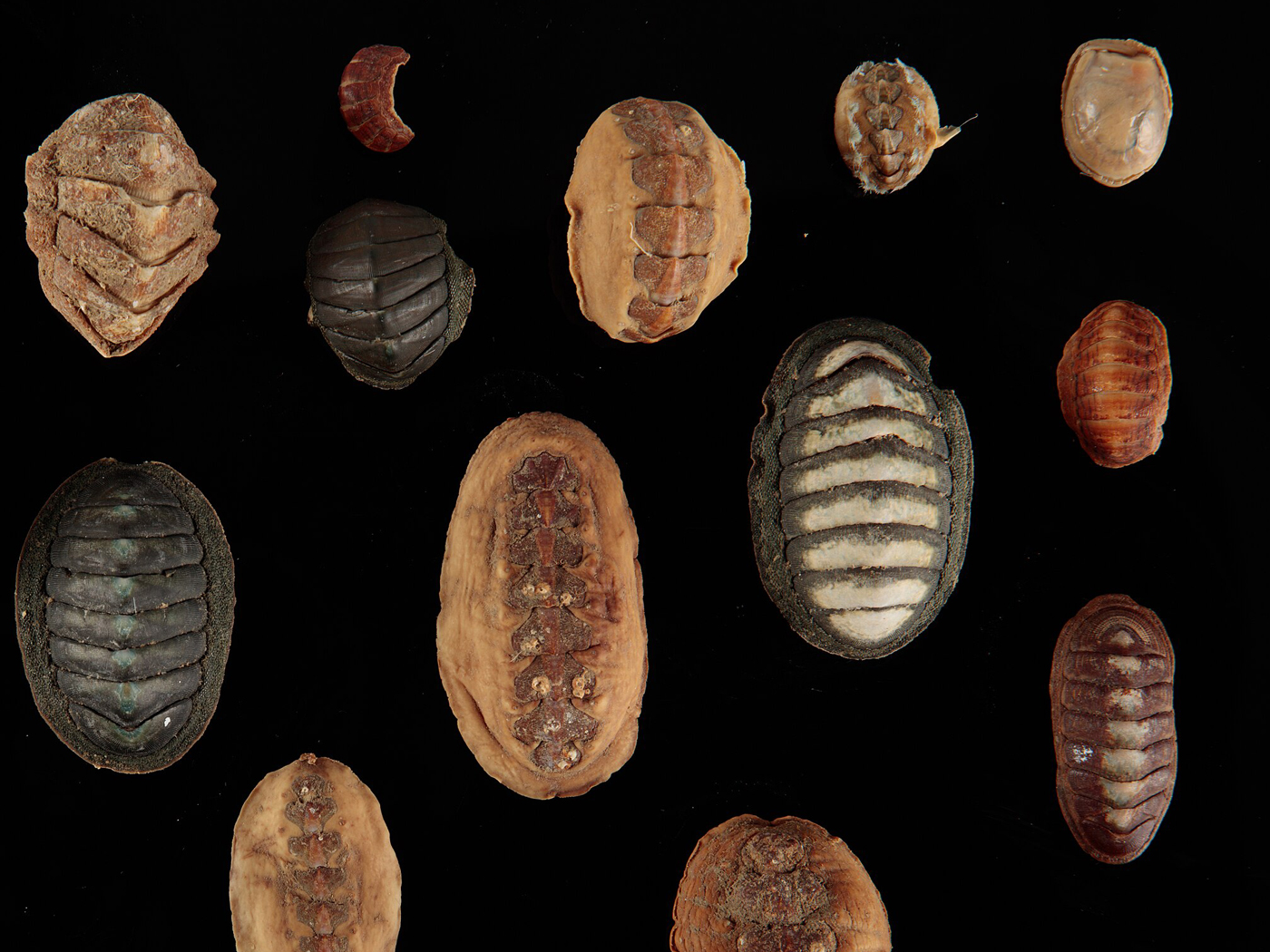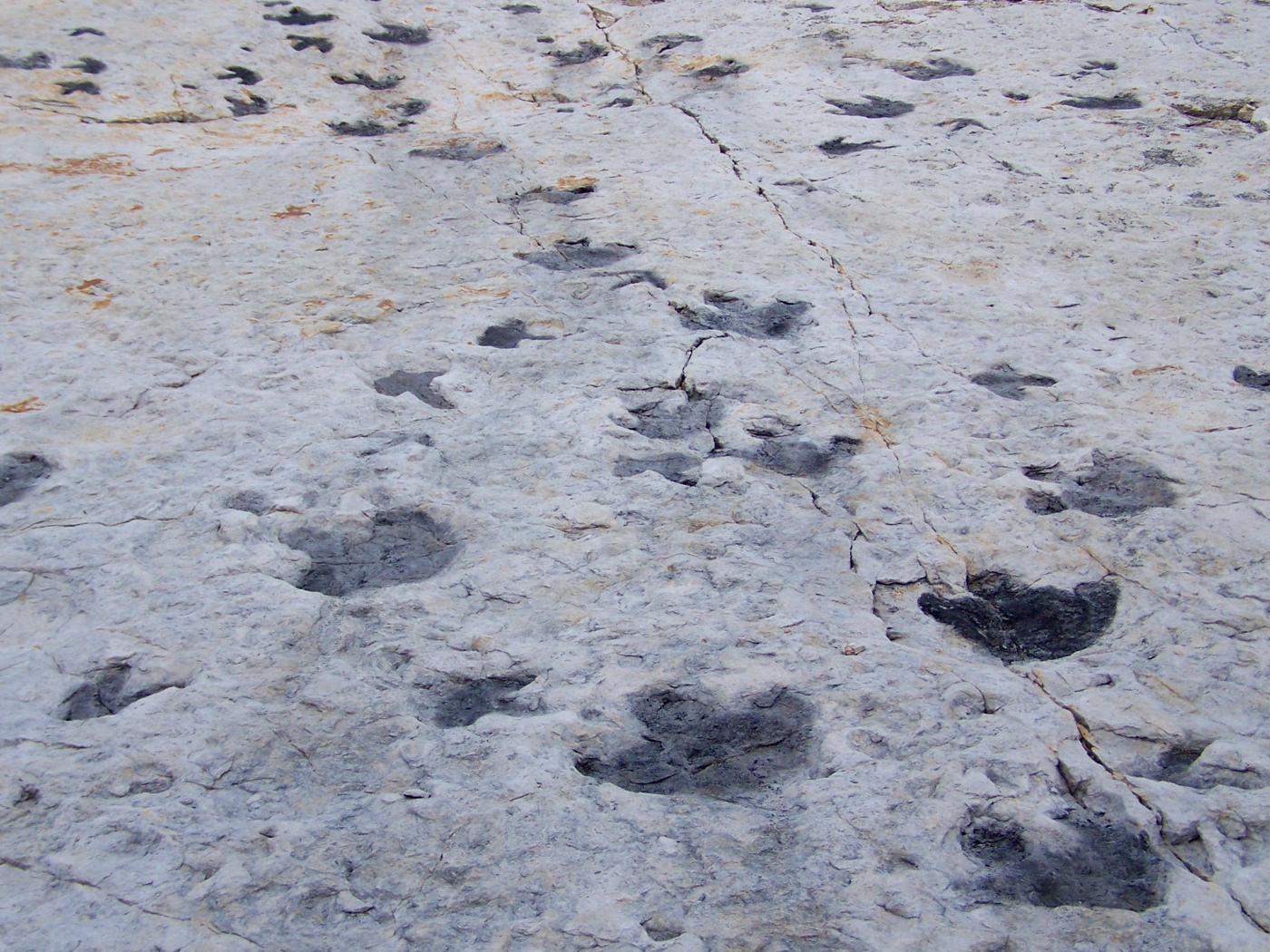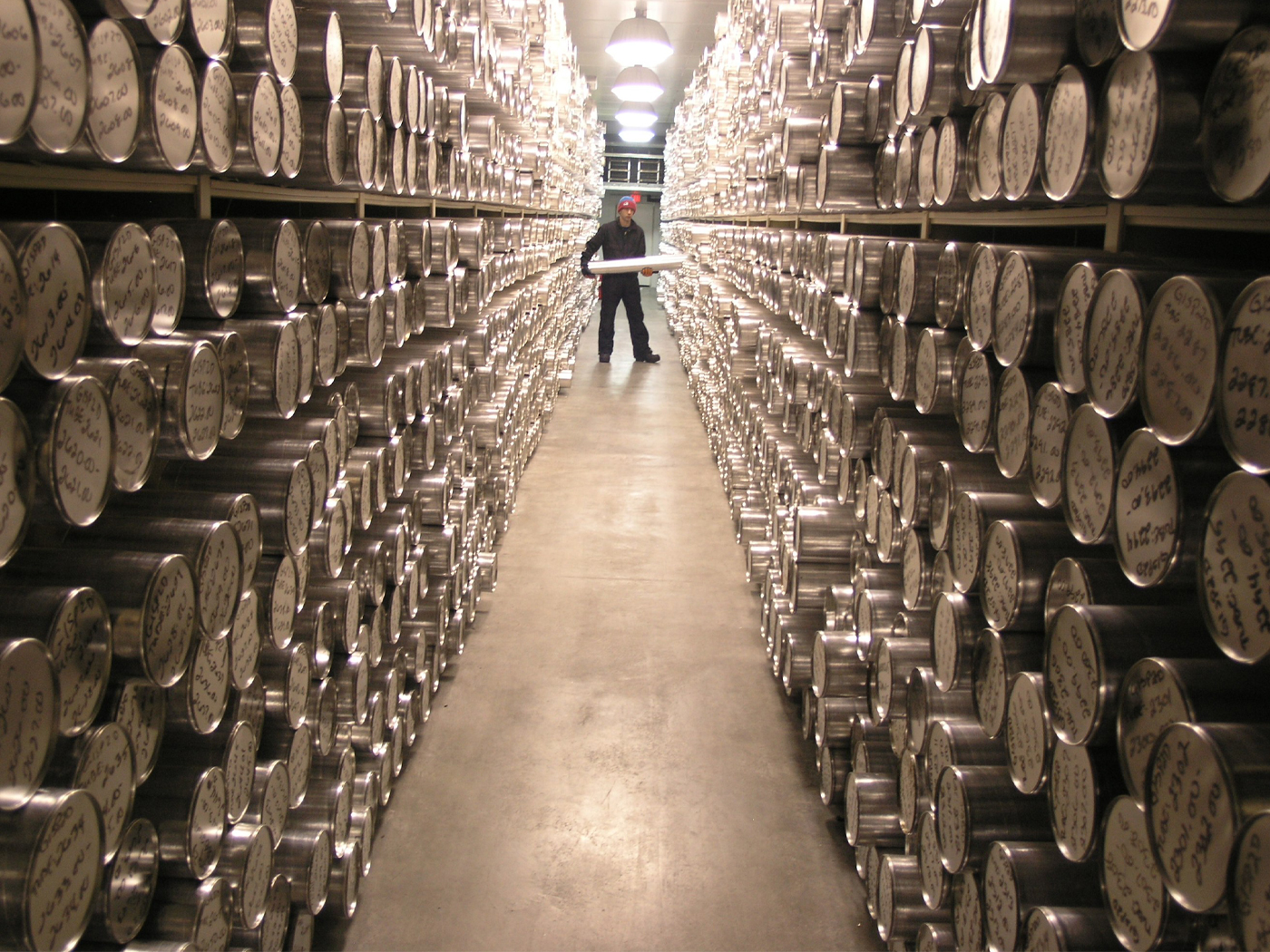"And in the morning, It will be foul weather to day: for the sky is red and lowring" (Matthew 16:3).
This statement of the Lord Jesus is part of His rebuke to the Pharisees and Sadducees, who were testing Him, asking Him to show them "a sign from heaven" (Matthew 16:1). This He refused to do. As He had said previously: "An evil and adulterous generation seeketh after a sign" (Matthew 12:39). They had already seen much evidence that He was their Messiah and Savior but were not satisfied, insisting on something more spectacular before they would condescend to believe Him. This little incident surely has great relevance as an appropriate message to those today who desire signs and wonders. Jesus' message of rebuke to them would still be: "Except ye see signs and wonders, ye will not believe" (John 4:48).
However, taking the text above somewhat out of context, it is interesting to note that the Greek word for "foul weather" is more commonly translated "winter" (see Matthew 24:20; Mark 13:18; II Timothy 4:21). Thus, if someone today should quote it: "It will be winter today," he would be simply remarking that today (December 21) is the date of the winter solstice, the shortest day of the year, and the formal beginning of winter in the northern hemisphere.
The winter-time is, indeed, often a time of "foul weather," when travel is often difficult and sometimes almost impossible. In one of the "winter" verses noted above, Paul was a prisoner in a cold, dark, damp Roman dungeon, and was urging his young disciple Timothy to bring him his cloak, as well as his books and parchments (II Timothy 4:13) and especially to "Do thy diligence to come before winter" (II Timothy 4:21), with its "foul weather."
But as winter approaches today, we will also do well to remember a famous saying by a Bible expositor of a former generation: "Grace groweth best in the winter." HMM




















